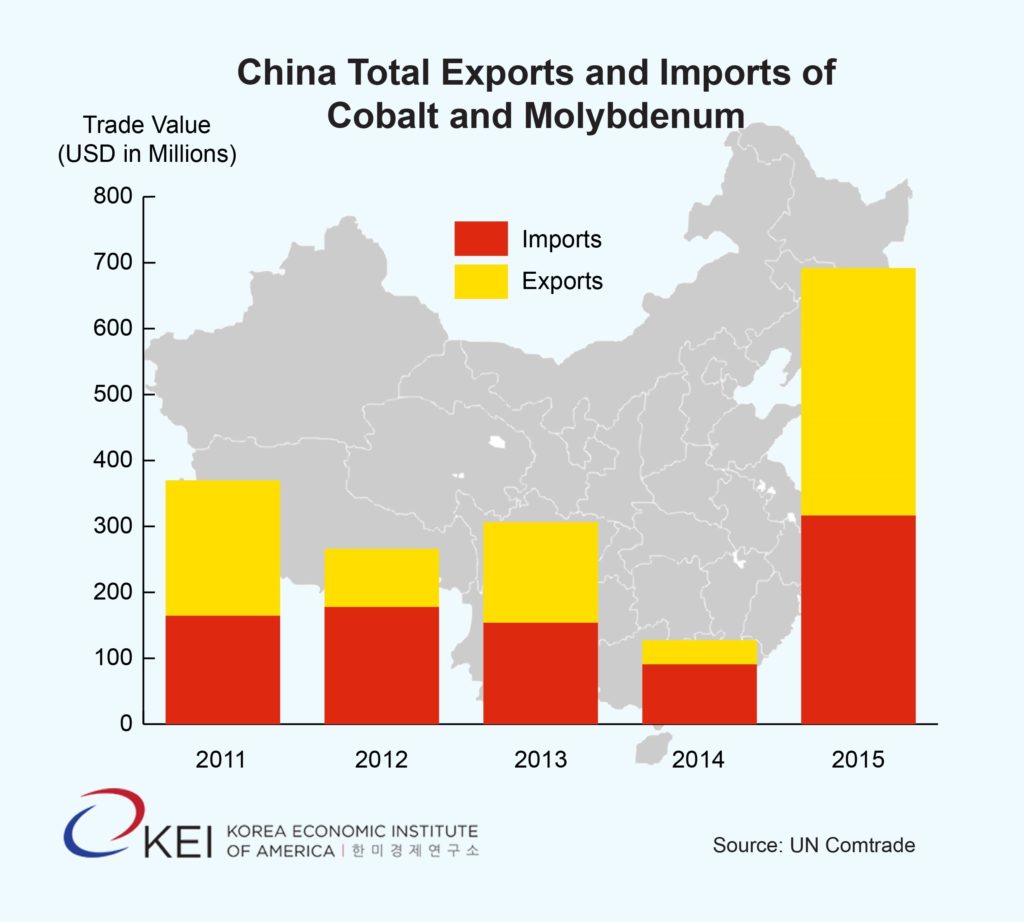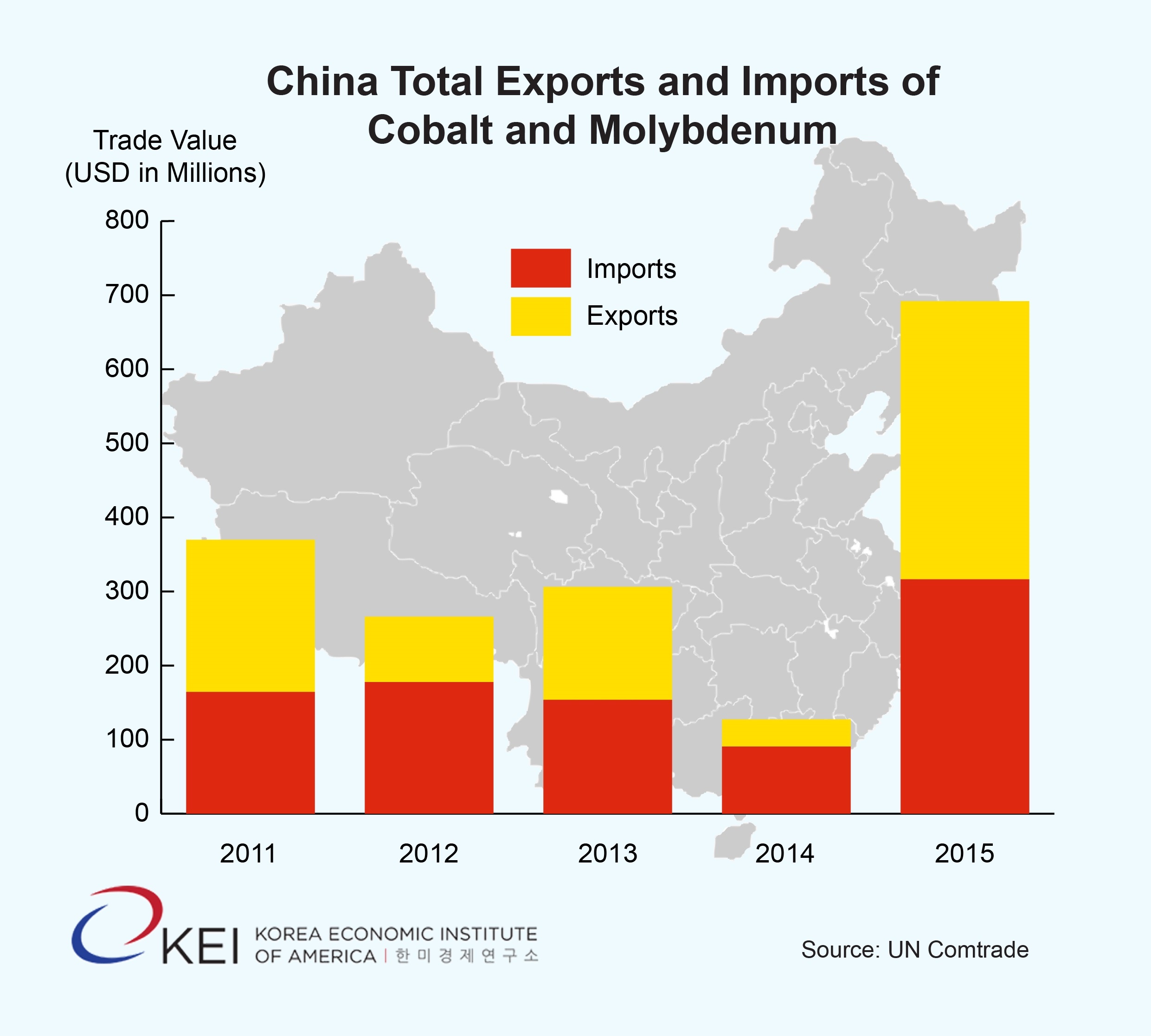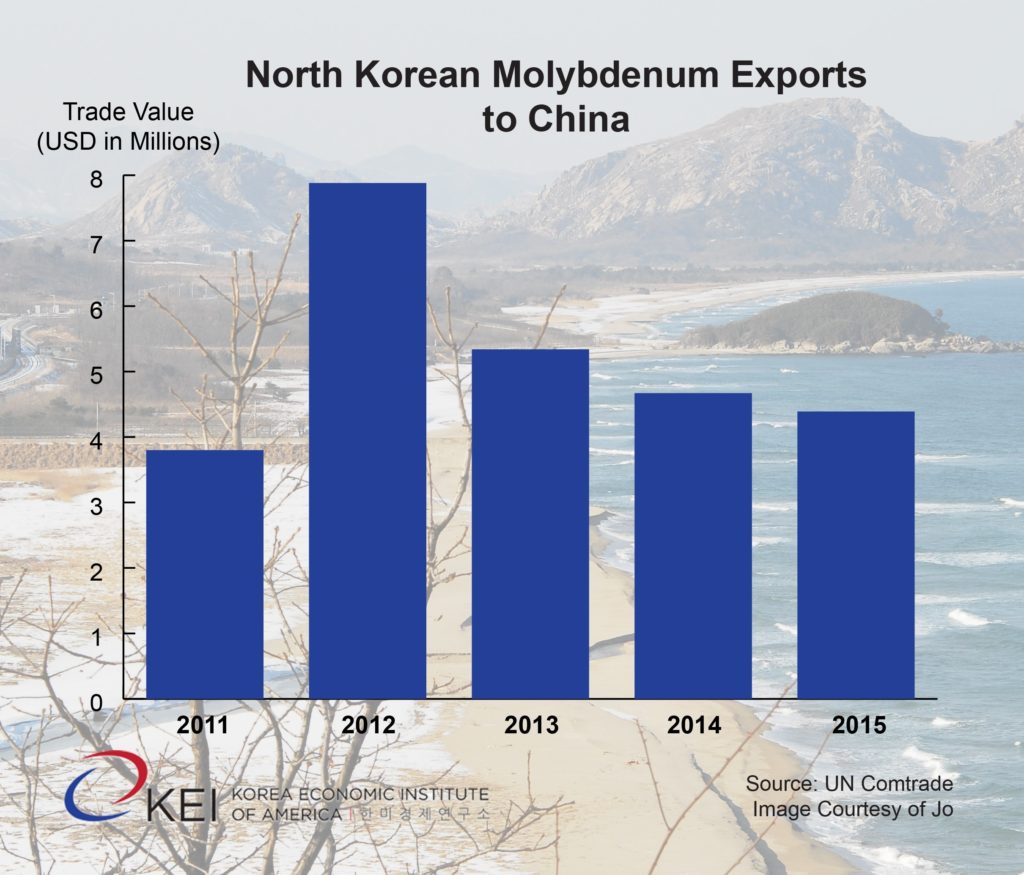The Peninsula
Is North Korea Retaliating Against China Suspending Coal Imports?

By Troy Stangarone
Shortly after China decided to suspend imports of North Korean coal for the remainder of 2017, North Korea made its feelings know. It said that a country that claims to be a friend is taking steps that support North Korea’s enemies and while “styling itself a big power,” is actually “dancing to the tune of the U.S.” While not mentioning China, the intended target was clear. Simply put, North Korea wasn’t happy. Rhetorical flashes are the hallmark of North Korea and accusing China of doing the United States’ bidding while being a pretend great power was no doubt calculated to sting, even if the rhetorical flare was perhaps not quite up to North Korea’s usual standards. However, now there are reports that North Korea may be taking steps beyond rhetoric to retaliate against China’s actions.
Much like China’s undeclared sanctions against South Korea for the deployment of THAAD (Terminal High Altitude Area Defense), North Korea has not announced any explicit retaliatory measures against China. However, there indications that North Korea has temporarily suspended exports of rare earth and other minerals to China, with one source specifically mentioning the suspension of exports of cobalt and molybdenum. If true, this is a surprising move.
Rare earth minerals play a key role in modern electronics and are one area that China has essentially cornered the market. It accounts for about 95 percent of the world’s production and half of the world’s reserves of rare earth minerals. While one geological survey suggested that North Korea may hold twice the known global deposits of rare earth minerals, given China’s current control of the market for rare earths and North Korea’s inhospitable investment environment and international sanctions, North Korea has little ability to pressure China in this area despite Beijing’s interest in locking down North Korea’s supplies to maintain control over global supplies.
However, there are reasons to suspect that North Korea is not in fact retaliating against China. Instead of punishing China, suspending export of rare earths would only further hurt North Korea’s mining industry. While not nearly as large of an export item as coal, North Korea shipped $4.4 million in molybdenum to China in 2015. Of China’s $90 million in molybdenum imports in 2015, North Korea only accounted for a little under 5 percent. Though over the last two years China has seen its prior surplus in molybdenum trade turn into a deficit.
Cobalt isn’t a rare earth mineral, but there seems to be little indication that North Korea exports cobalt to China. UN Comtrade’s database does not record China importing cobalt from North Korea, while KOTRA’s report on North Korean trade doesn’t break North Korea’s trade down in enough detail to know if they have identified North Korean trade in cobalt. If the trade is taking place, it seems to be taking place off the books.
The reporting also raises an additional complication for sanctions enforcement. This source indicates that trade in iron ore is still going on, which would be in violation of UN sanctions. This may be the case, as there were indications last year that trade in iron ore was continuing at diminished levels despite previously being banned by UN sanctions.
If North Korea is retaliating against China’s coal suspension, it would be an interesting new wrinkle in this story. There seems to be very little upside to North Korea’s actions and only downside, even if only temporarily to make a point to China. However, the same might be said of North Korea’s recent decision to prevent Malaysians from leaving North Korea until Pyongyang receives a satisfactory result on the investigation into Kim Jong-nam’s deal. While it seems unlikely that North Korea is in fact trying to punish China, this does likely indicate that trade in certain prohibited minerals is possibly still taking place between China and North Korea.
Troy Stangarone is the Senior Director for Congressional Affairs and Trade at the Korea Economic Institute of America. The views expressed here are the author’s alone.
Photo from Jen Morgan’s photostream on flickr Creative Commons.


